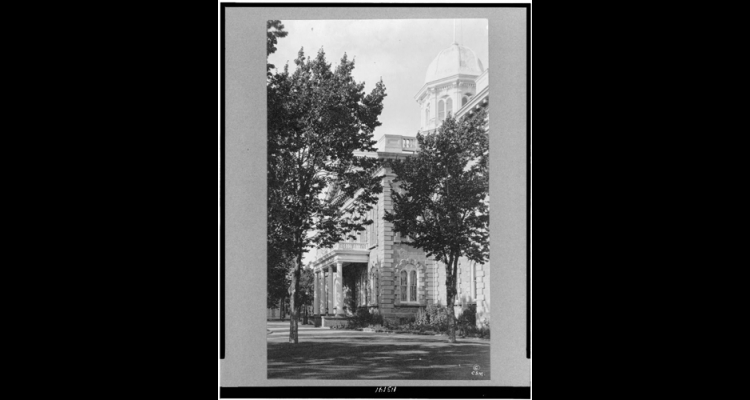Legislative Process in the House of Origin
The Nevada legislature, like legislative bodies throughout the nation, is the branch of government that drafts bills and resolutions. In Nevada, these may originate in the senate or the assembly, the two houses of the state legislature. Following the preparation by legislative staff of a requested bill or resolution, a legislator may submit it for introduction. The Nevada legislature does not appoint committees that have the authority to screen bill drafts or block their introduction. Upon introduction, a measure is numbered, read in summary for the first time (first reading), assigned to a committee, and printed.
A standing committee in the house of introduction typically holds a hearing on the bill or resolution to take testimony and gather more information. A committee may recommend that the house pass the measure as written, pass it with amendments, or not pass it. If a committee thinks that the measure requires further consideration, it may recommend that the house amend the measure and refer it again to the same committee or another standing committee. Finally, a committee may take no action on a bill or vote to "indefinitely postpone" the measure, which effectively "kills" it.
A bill given a "do pass" recommendation is read a second time and placed on the general file of the house of origin for debate and vote. Placing a bill on the general file simply means that it is available for debate and vote on the floor—that is, among all its members—of that house. A bill which is given an "amend and do pass" recommendation is read a second time, amended, and reprinted before being placed on the general file for action. Bills and resolutions that are defeated in committee, have received no action, or are indefinitely postponed are not forwarded to the full house.
Bills and resolutions listed on the general file of the house of origin are read a third time and debated by the entire body. A roll-call vote of the members typically follows. Passage of bills and most resolutions requires at least eleven affirmative votes in the senate and twenty-two in the assembly. The passage of a bill that imposes a tax or fee requires a two-thirds vote of approval (at least fourteen in the senate and twenty-eight in the assembly). A measure that does not receive the required number of votes for passage is defeated. Any member voting on the prevailing side may serve notice of reconsideration and request a second vote. Finally, a measure that is passed, or passed with amendments, is referred to the second house where the process is repeated.
Article Locations
Related Articles
None at this time.
Further Reading
None at this time.


